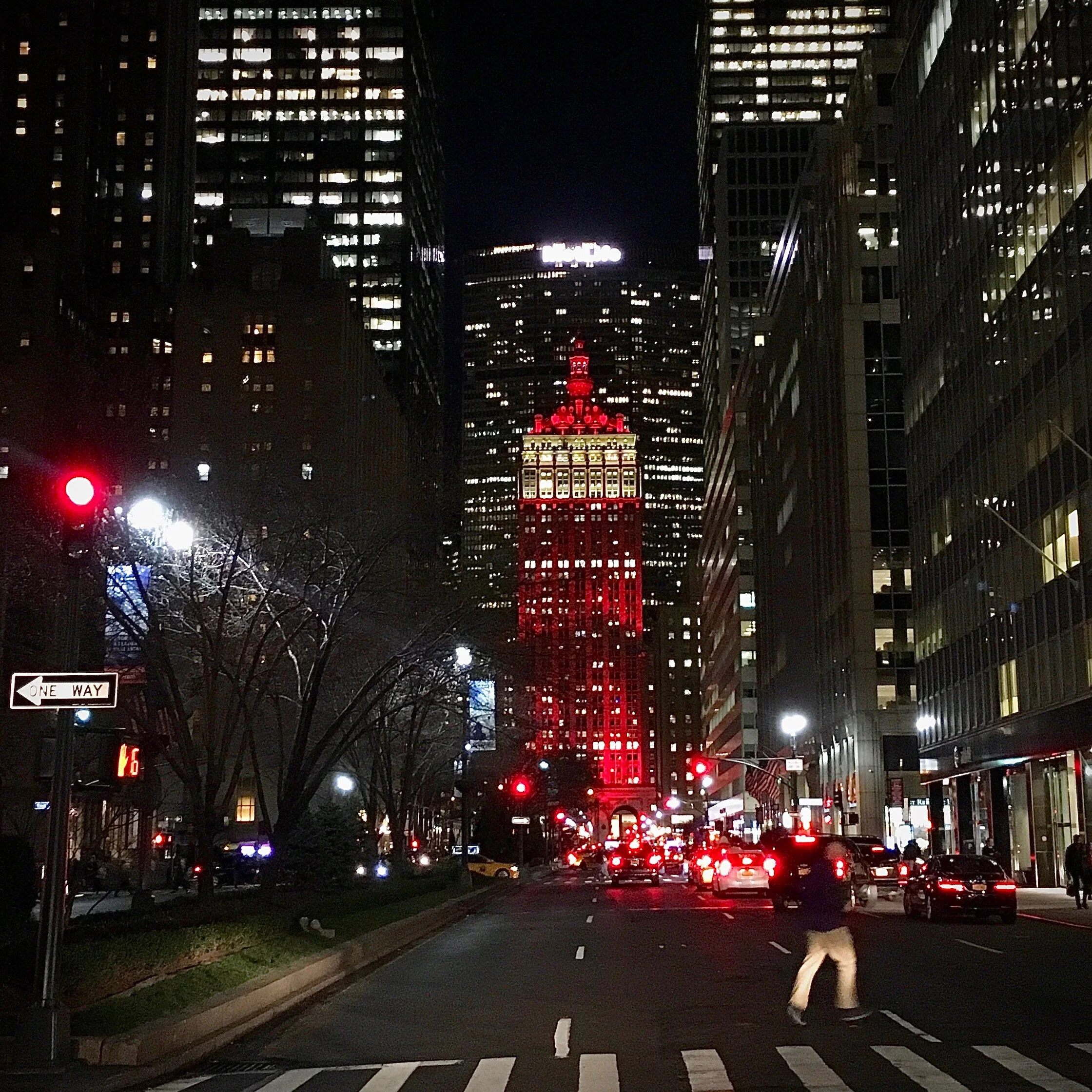REVIEW: Ricky Ian Gordon's Ellen West at the Prototype Festival
Above: Photo by Maria Baranova.
January 15, 2020
By Brian Taylor
Ellen West, Ricky Ian Gordon’s wrenching new opera about mental illness, is being given its New York premiere at the Prototype festival. The libretto consists of Pulitzer-winning poet Frank Bidart’s poem of the same name, plus a prologue and epilogue with new text by the poet. The poem is a fictionalization of turn-of-the-century psychologist Ludwig Binswanger’s case study of a woman suffering from an eating disorder, among other problems.
Renowned baritone Nathan Gunn begins the evening as the “Poet-Frank,” singing that “writing the poem Ellen West was exorcism.” Later, he plays the role of the doctor, reading clinical diary entries — serving as narrator of sorts — and briefly, Ellen’s husband. Otherwise, the opera is a tour de force monodrama for soprano Jennifer Zetlan as Ellen. The act of composing the score must have represented a kind of exorcism for Gordon, in turn. In the program notes, “How often I have nearly destroyed myself in the attempt to be more, or different than I am. The music of Ellen West is an attempt to come to terms with that struggle.”
Photo by Maria Baranova.
In contrast to the doctor’s detached observations (“January 16. The patient is…”), Ellen’s text is conversational and sensuous. Bidart’s poetry is vivid reading, and it’s easy to see why Gordon was inspired to set it to music. The result is long stretches of richly melodic long-arced lyricism, into which the magnetic Zetlan, a superb interpreter of contemporary music, throws herself.
The chamber orchestra, under the baton of Lidiya Yankovskaya, consists of piano and five strings, plus the intermittent onstage clang of a bell, punctuating a new section. Gordon’s music seethes with empathy for Ellen’s angst, in a dense through-line of overlapping and competing melodic ideas. On the podium, Yankovskaya keeps the story in focus, keenly balancing the billowing score while sensitively supporting the stage.
Photo by Maria Baranova.
Director Emma Griffin bolsters the action with two playing areas: one, a bare room (the conductor and orchestra visible through paned windows), furnished with a chaise — apparently a psychiatrist’s office, although patient and doctor never share the space nor interact — and the other, a vague landscape in which symbolic things are pantomimed.
Two non-singing figures — costumed like nurses in a mental ward, perhaps — vacillate in function, at times representing characters in Ellen’s memories, at others, embodying the subconscious with jittery, disturbed movements. Laura Jekkinek designed the moody set, and Josh Epstein’s lighting design makes clever use of shadows.
Gordon’s harmonic palette is exquisite and relatable. His sweet-sour language might be described as reminiscent of Britten and Bernstein. But the orchestration, undoubtedly born of practicality, is frustratingly monochromatic. My ears yearned for more variety of texture and color.
Perhaps, that is the point — if the mandate of contemporary opera is to convey a psychological experience, to send the audience into the characters’ state of unhappiness. But, the libretto for Ellen West is essentially an extended monologue with footnotes; it lacks tension and drama. Ellen is miserable from beginning to doleful end, which makes for a punishing hour-and-a-half in the theatre.
***
***
Other works being performed at the Prototype Festival include:







